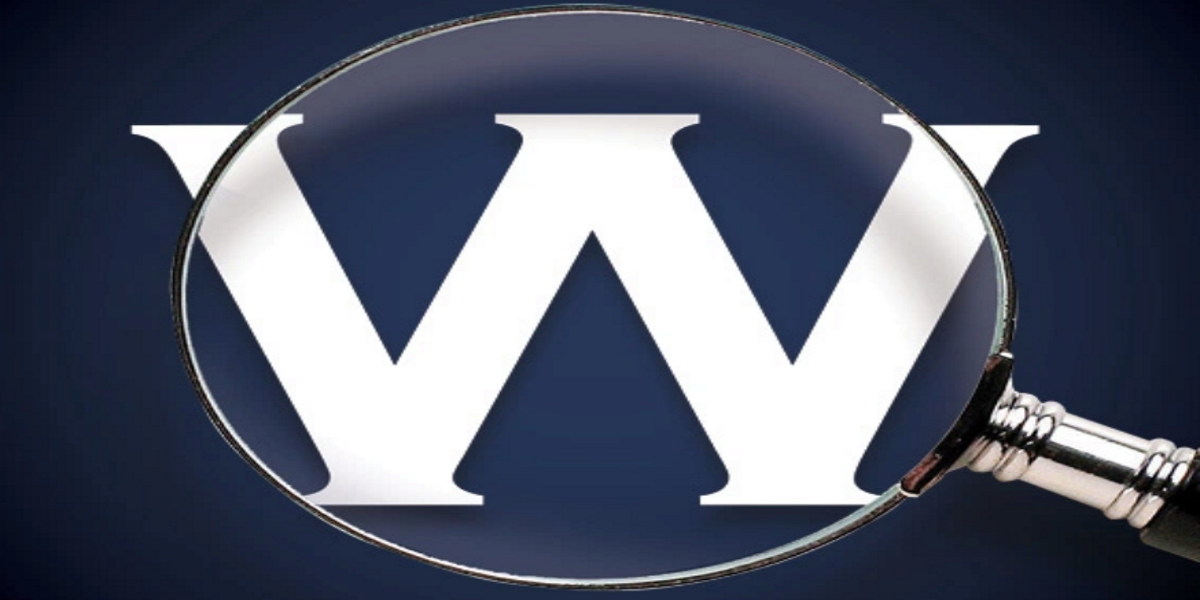Question for the group. Anyone with DNA knowledge.
@Charlot123? If you had the chance to talk with the scientist at the university who leaked the DNA information about the killer, what would you ask him? (This will have to be translated so in as much plain English as possible).
(Give me some time to look through what I was doing in 2016 with familial genes. I was a member of many groups but COVID and the death of many older relatives has dampened my interest.)
However, what came to my mind as of today:
Understanding the limitations imposed by privacy, Japanese laws, difficulty sending out of the country, etc... I would ask the following. Seeing that there is "no entry" sign on criminology pathway, is it possible, instead of DNA profiling, to try purely genetic approach?
What Japanese police has is the killer's DNA. (Plus the results of old analysis which are of limited use.) But with the DNA itself, potentially Japanese LE can do the thing that is now available to all decent geneticists, in any developed country: whole genome sequencing.
Whole genome sequencing is the full genetic code. It is routinely done to determine genetic conditions or carriers of certain diseases. When Steve Jobs did it, it was expensive. Now, financially, it became more than accessible. It sequences the mitochondrial DNA, too.
Sometimes the geneticists can see some deletions/duplications, genetic syndromes. Or, Genomic-wide-association study (GWAS) is a way to see if any genetic variant is associated with a trait. The largest public open-access dataset is UK biobank. Beijing Biobank could be of use for Asians. This way, it is outside criminology. It is pure genetic comparison.
Instead of "let's submit our DNA to some databank whose owners are withstanding mounting attacks within their own country," which could create problems for anyone, especially in Japan, can they compare their genetic code with those in open access to see how it fares? I think there should be 0.5 mln genomes in GB bank alone.
And then, see where it leads them. If Y-sequence matches someone in open access system, or there is some more information about better typing of mitogroup.
BTW, about mitogroup.
Here is a toolbox of different mitoDNA analyzers.
Mitochondria play a significant role in many biological systems. There is emerging evidence that differences in the mitochondrial genome may contribute to mu...

www.frontiersin.org
(In the end, there are online mitochondrial resources. These are newer analyzers/databases.) I would ask, if, without taking DNA anywhere, is it possible to run mitoDNS through modern online databases, for more precise identification of haplogroup, for example. Or maybe, for mito- phenotyping. I noticed there was H mito analyzer listed in this article. Now, it is an open secret that killer's mitogroup is a subset of H, or at least this is what I read in Japanese Wiki article. Maybe it also has some private mutations?
Give me some time to find information about DNA from objects.





